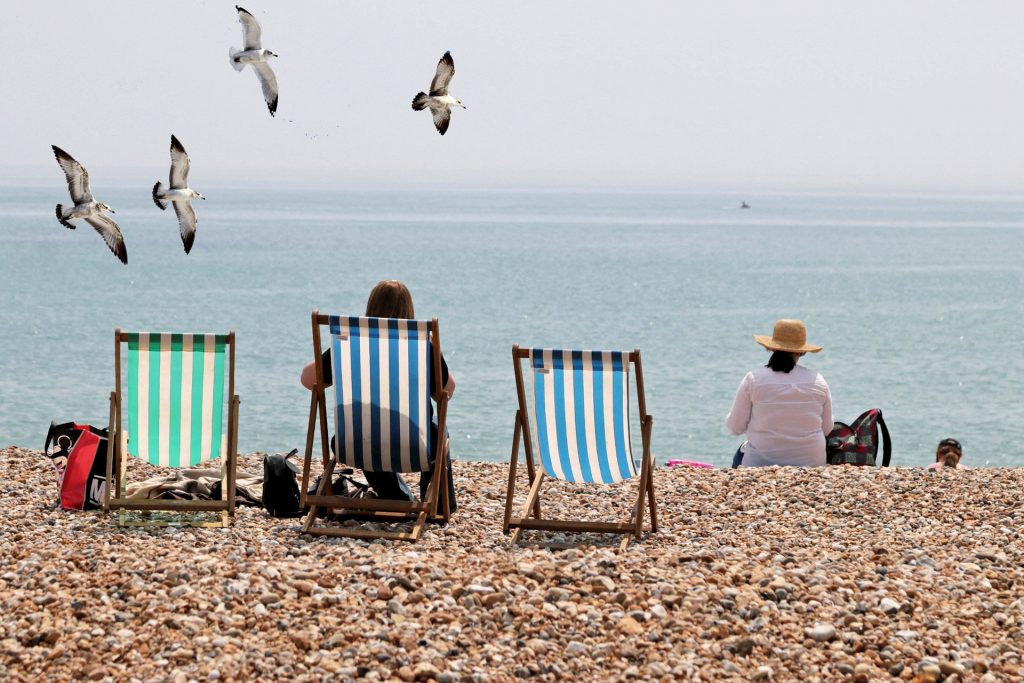Introduction
As summer makes its grand entrance in Spain, we find ourselves basking in the warmth and delighting in longer, sun-drenched days. This season brings not only the welcome heat but also the cherished tradition of enjoying terraces across the country. It’s here, in these lively outdoor spaces, that we start to hear some of the most beloved idiomatic expressions that capture the essence of this time of year. Let’s dive into a few of these colorful phrases that are sure to enhance your summer experience in Spain.
Summer is Here!
This week in Spain we have started to feel the heat and enjoy the longer days with plenty of sunshine. Also, starting this week, we can enjoy the terraces all around the country, and there we’ve begun to hear the most common idioms of this time of year.
Lorenzo
Our students love this expression. Lorenzo is the name given to the sun in Spain. So, it’s normal to hear on Spanish terraces phrases like “¡Cómo aprieta Lorenzo!” (How hot Lorenzo is!). The name of this expression comes from the day of San Lorenzo (August 10), which is considered the hottest day of the year.
Hasta el 40 de mayo… no te quites el sayo
This expression is heard a lot these days. It means that until June 10 (40 days after May), bad weather can still return. Therefore, don’t put away all your summer clothes just yet. Spanish idioms never fail.
Nueve meses de invierno y tres de infierno
Well, actually, idioms sometimes fail. Until recently, many people talked this way about the climate in central Spain. The terrible cold has been a common feature for a large part of the year, while in summer, Lorenzo was the main character.
Hace un calor que…
In Spanish, we love comparisons. We have several for the heat. Among our teachers, we’ve collected a few. “Hace un calor que se derriten las muelas” (It’s so hot that teeth melt), “hace un calor que se puede freír un huevo en la calle” (It’s so hot you can fry an egg on the street) or “hace un calor que las ranas llevan cantimplora” (It’s so hot that frogs carry canteens). You can learn any of these and use them this summer on any terrace.
Asarse/Achicharrarse
Perhaps these are the most important verbs for this time. What other ways do we have to say that we are hot? Well, we can use ‘asarse’ and ‘achicharrarse’. ‘Asarse’ is also a verb we can use with chickens, but the feeling we have in Madrid is very similar to that of chickens in an oven. If you want to practice these expressions, don’t hesitate to join one of our classes. You can take our level test or send us an email.
Conclusion
Embracing these idiomatic expressions adds a touch of local flavor to our experience of the Spanish summer. From invoking Lorenzo to describing the heat in vivid comparisons, these phrases reflect the cultural richness and humor of Spain. Whether you’re a language enthusiast or just looking to blend in with the locals, mastering these expressions will surely enhance your time spent on sunny terraces. If you’re eager to practice and perfect your Spanish, don’t hesitate to join one of our classes. Take our level test or send us a message, and let’s make this summer both educational and enjoyable!





